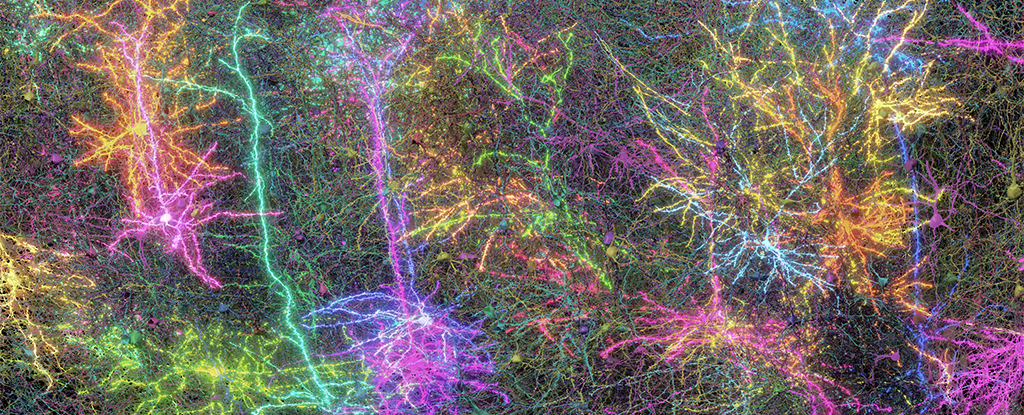Conclusions: Our findings revealed that tinnitus-related structural brain patterns involve regions such as the middle frontal gyrus, supplementary motor area (SMA), and anterior cingulate cortex (ACC), with these changes negatively correlating with tinnitus distress, suggesting adaptive mechanisms in tinnitus perception. Moreover, the structural brain pattern involving the insula, putamen, and superior temporal gyrus appears to be primarily driven by hearing loss. These findings support audiometric-based subgrouping in tinnitus management.

 pubmed.ncbi.nlm.nih.gov
pubmed.ncbi.nlm.nih.gov

Structural brain pattern abnormalities in tinnitus with and without hearing loss - PubMed
Our findings revealed that tinnitus-related structural brain patterns involve regions such as the middle frontal gyrus, supplementary motor area (SMA), and anterior cingulate cortex (ACC), with these changes negatively correlating with tinnitus distress, suggesting adaptive mechanisms in...

 Member
Member